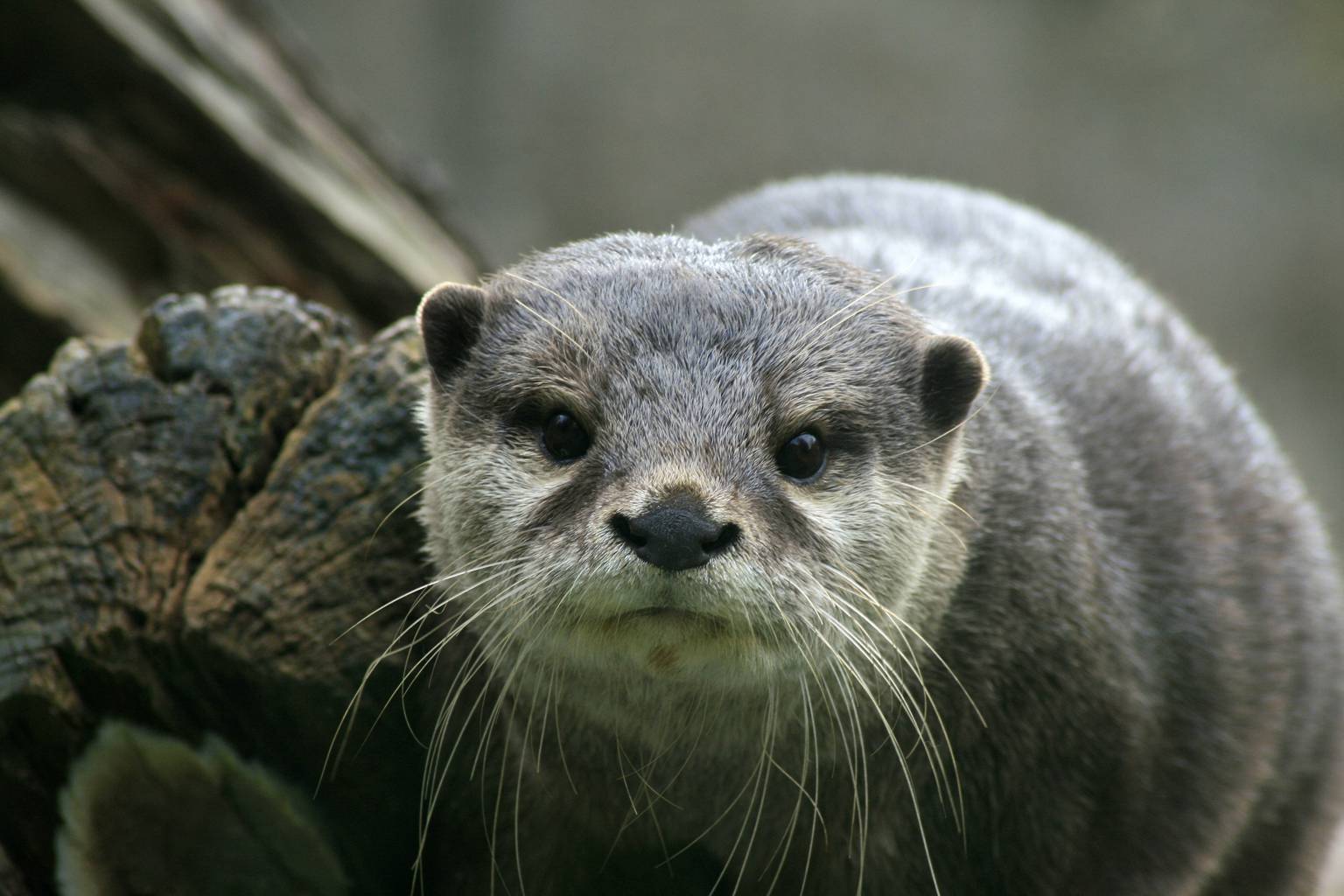The tiny Asian small-clawed otter has made an extraordinary comeback in Nepal after disappearing for nearly two centuries. Imagine a creature believed to be lost forever suddenly reappearing at the junction of two rivers. This rediscovery brings hope but also highlights urgent conservation challenges that lie ahead.
In November 2024, a young Asian small-clawed otter was found injured along the Rangun and Puntara rivers in Nepal’s Dadeldhura District. For years, experts feared this smallest otter species in the world had vanished from the country, with no confirmed sightings since 1839. But the otter’s unexpected appearance reminds us that nature often holds surprises—if we stay attentive.
Rediscovery of the Asian small-clawed otter in Nepal
Standing abs in 20 minutes: the perfect workout if you hate classic exercises
Nepal is home to three native otter species: the smooth-coated otter, the Eurasian otter, and the Asian small-clawed otter. While the first two have been observed and studied regularly, the tiny small-clawed otter had not been officially documented for 185 years. This led many to believe the species was extinct in Nepal.
The young otter was discovered weak and injured, but thankfully, local forest officers stepped in to care for it without initially knowing which species it was. Once recovered, the officers shared photographs and videos with wildlife researchers, including Mohan Bikram Shrestha from the Central South University of Forestry and Technology. After consulting with the IUCN Otter Specialist Group, experts confirmed this was indeed the elusive Asian small-clawed otter.
This milestone was called “a remarkable discovery for conservation in Nepal” by Shrestha and colleagues. It has ended fears that the species was lost forever in this Himalayan nation and opened a fresh chapter in otter conservation.
Threats facing otters in Nepal’s fragile ecosystems
The rediscovery of the Asian small-clawed otter is exciting, but it also exposes the dangerous conditions these creatures face. Nepal’s rivers and forests are under pressure from pollution, habitat destruction, and human activities that threaten otters’ survival.
One of the biggest dangers to otters is river pollution caused by small-scale mining, which contaminates waterways and disrupts fish populations—the otters’ primary food source. Unsustainable fishing by local communities further reduces fish numbers, making it harder for otters to find enough to eat.
Deforestation and habitat degradation also shrink the safe spaces otters rely on for shelter and breeding. Additionally, agricultural runoff introduces harmful chemicals into the water, affecting both the otters and their prey.
These combined challenges make it clear that protecting otters means addressing broader environmental issues. If we allow these threats to worsen, more species may vanish unnoticed.
The urgent call for dedicated otter conservation efforts
What does helping a server clear dishes say about you? Psychologists explain
Recognizing the need for action, Nepal is working on a national otter conservation plan. Experts like Sanjan Thapa, deputy coordinator of the IUCN Otter Specialist Group’s Himalayan region, emphasize the importance of including the Asian small-clawed otter in conservation policies and programs.
This rediscovery teaches us a valuable lesson: even creatures thought lost can still survive if we look closely and commit to protecting their habitats. It reminds me personally of a time when a rare bird I had studied years ago suddenly reappeared nearby after decades without sightings. Like the otter, that bird’s return sparked hope but also a reminder of how delicate wildlife populations can be.
The small-clawed otter’s comeback is a call not just to scientists and policymakers but to all of us who treasure nature. What actions can you take to support wildlife conservation where you live? Have you witnessed a surprising reappearance of a rare animal? Share your thoughts and stories below—and let’s spread the word about protecting Earth’s hidden wonders together.
